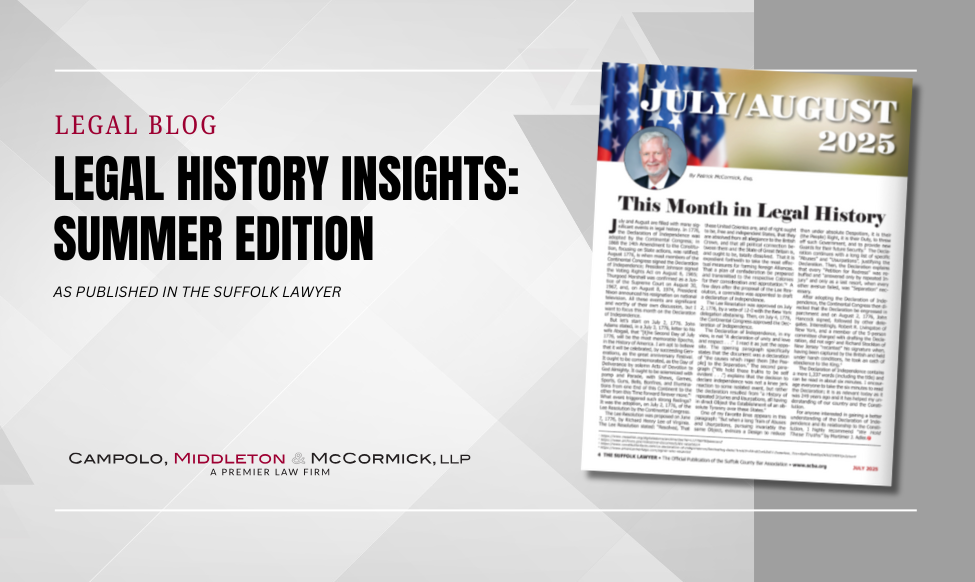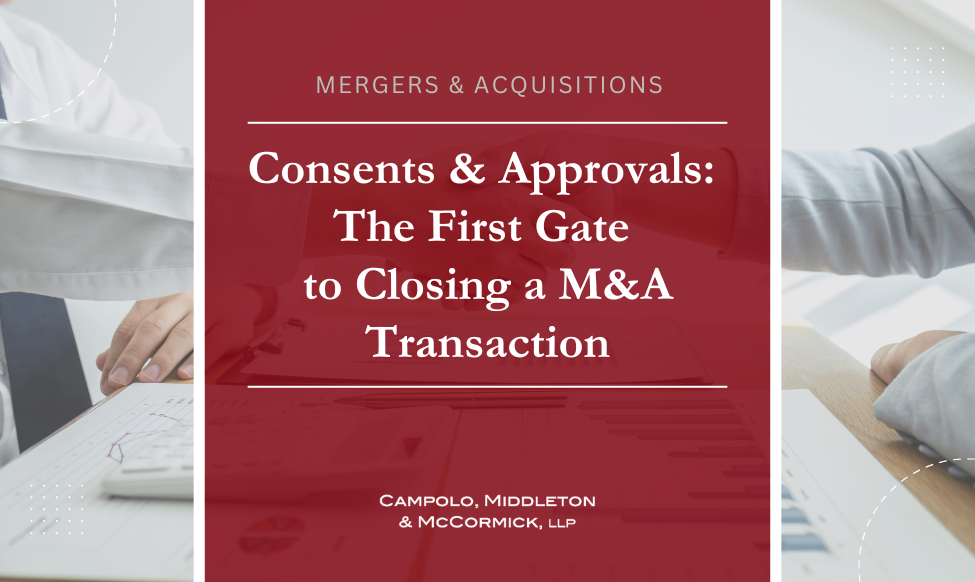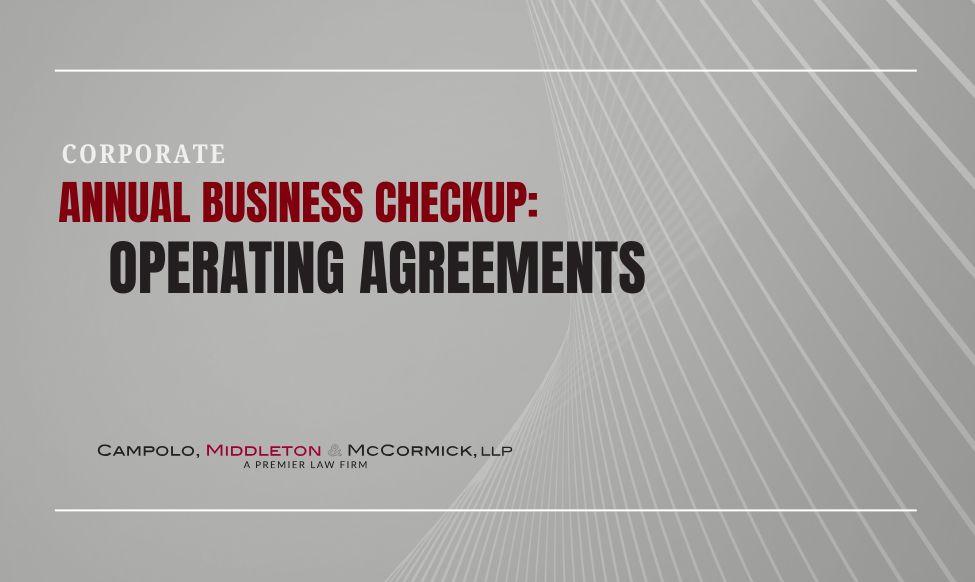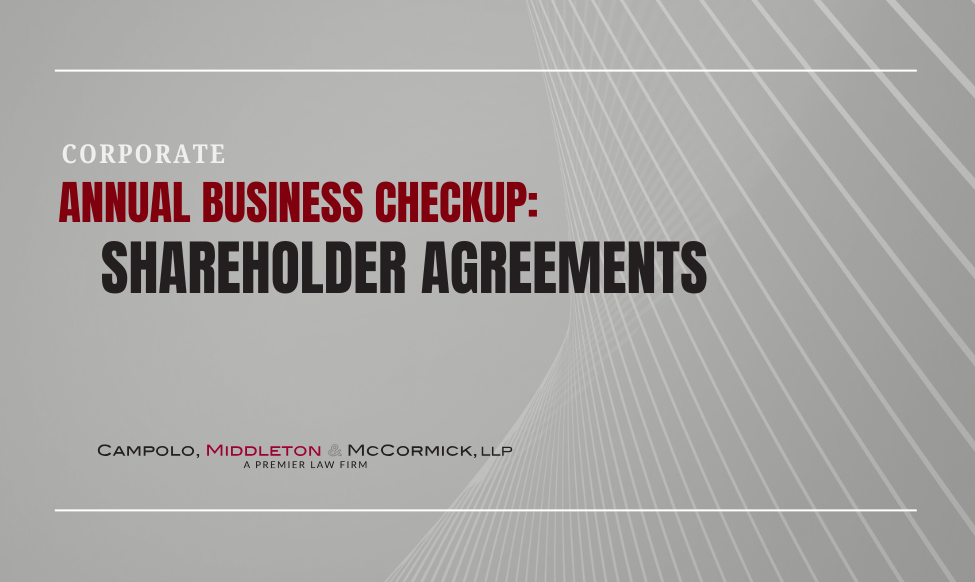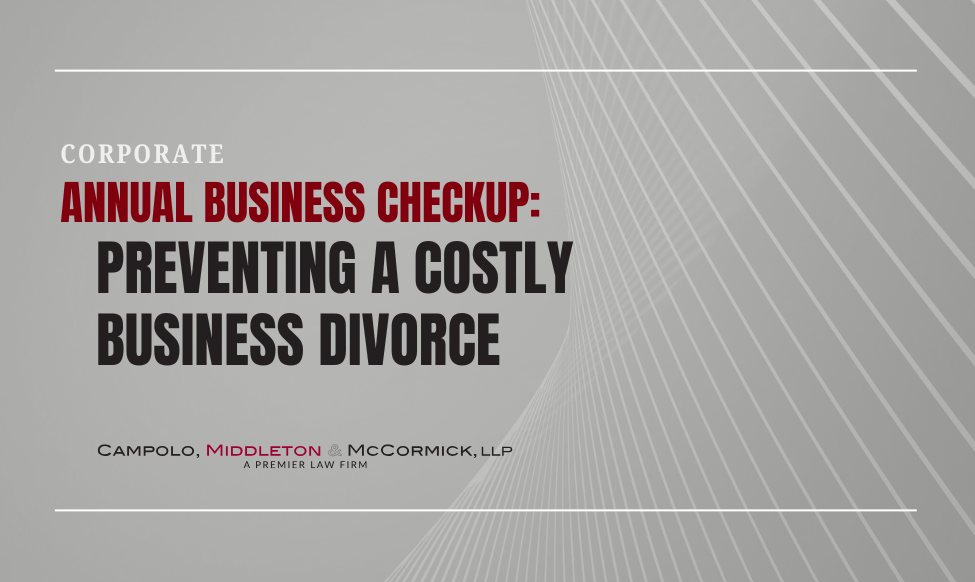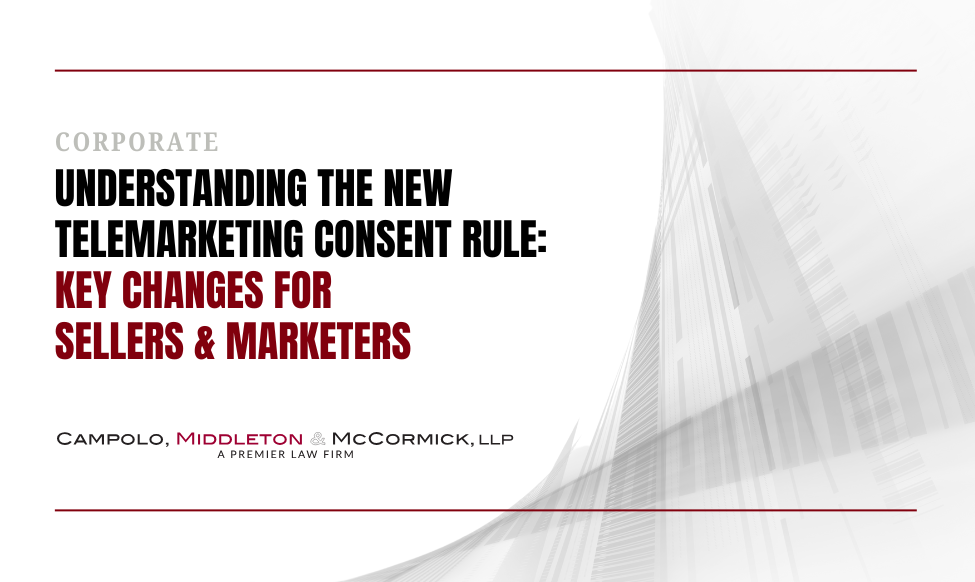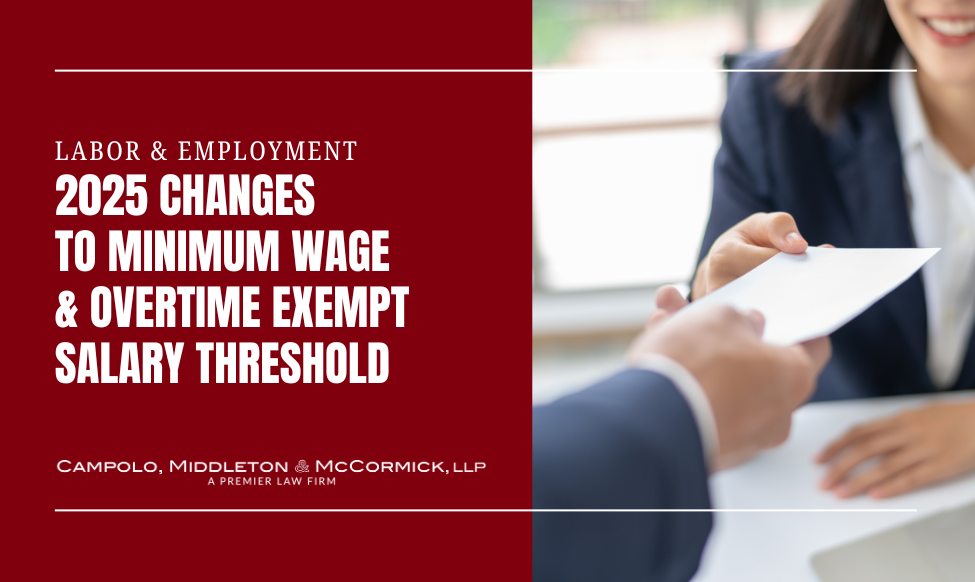Since the emergence of Artificial Intelligence (“Al”), many industries have grappled with whether and how to use this technology. AI is such a powerful tool because it learns from questions that people ask it. While AI poses many advantages when it comes to efficiency, it can be risky when it comes to accuracy. In the legal field specifically, the use of AI can present ethical issues that lawyers must consider both prior to and while using Al in their practice. Several of those issues are discussed here. Through careful use of AI, lawyers can ensure they are upholding both their duties to their clients, and their professional obligations. Reference to a Rule or the Rules refers to the New York Rules of Professional Conduct.
I. Confidentiality
Under Rule 1.6, subject to certain exceptions, a lawyer cannot knowingly reveal confidential information, or use confidential information to the disadvantage of the client, or to the advantage of the lawyer or a third person.1 Confidential information includes information learned during, or relating to, the representation of the client that is protected by attorney-client privilege, likely to be embarrassing or detrimental to the client if revealed, or information that the client has asked remain confidential.2 Al models first require the user to input information into the AI database, then formulate a query.3 The AI engine then provides the user with an answer or feedback based on this query. When an attorney inputs confidential client information into publicfacing AI database, however, the AI may use this information to answer other people’s questions because, as stated earlier, AI learns from questions that people ask it.4 Regardless of whether the AI engine reveals it, an attorney still breaches their ethical duties if this information is at risk of being disclosed to the public, in this case inputted into AI.5 This can very easily put confidential information in the hands of third parties which, by extension, can hurt the client’s case.
Attorney-Client Privilege
Under CPLR § 4503, confidential communications between an attorney and a client are privileged, and therefore cannot be disclosed to any third parties.6 Attorney-client privilege is waived when information otherwise protected by the privilege is revealed to a third-party. Therefore, attorney-client privilege presents many of the same issues as confidentiality when it comes to the use of Al. Even private, or AI software that is walled-off to anyone outside of a firm, however, can pose a risk to attorney-client privilege.7 For example, if a law firm were to use an AI model that uses only data generated by the firm, and an attorney inputs privileged information into this model, anyone else in the law firm using this model could potentially access this information, which could be a breach of the attorney-client privilege.8
II. Conflict of Interest
Pursuant to Rule l.8(b), a lawyer shall not use information relating to the representation of the client to detriment of the client unless the client gives informed consent.9 With the use of public-facing AI, there is a possibility that information relating to a client or a case entered into AI can be stored and repeated in another user’s query.10 In this situation, the hypothetical “other user” could very well be opposing counsel.11 Thus, any strategy or analysis of an issue in a specific case could inadvertently fall into the wrong hands to the detriment of the client and their case, creating a conflict of interest and violating this rule.
III. Attorney Oversight of AI
Attorneys have fiduciary duties to their clients to provide both competent and diligent representation. Rule 1.1 states that competent representation requires the legal knowledge, skill, thoroughness, and preparation reasonably necessary for representation.12 Additionally, under Rule 1.3, a lawyer shall act with reasonable diligence and promptness when representing a client.13 A lawyer should also not neglect a legal matter entrusted to a lawyer.14 To uphold their ethical duties under these rules, it is important for lawyers to oversee any work done by Al.15 When a client retains a lawyer, they are paying for the lawyer’s expertise and knowledge about a specific matter. If a lawyer is using AI, and not reviewing for accuracy the information AI is generating is ultimately serving as a replacement for the lawyer’s own judgment andknowledge. Thus, the lawyer’s representation would not be diligent or competent.
Another issue is presented when associates or other non-lawyer employees at a firm, including paralegals, interns, and support staff, are using AI to work on client matters. Under Rule 5.1, a lawyer with direct supervisory authority in a law firm is required to make reasonable efforts to make sure that the supervised lawyer is conforming with the Rules of Professional Conduct.16 Under Rule 5.3, a law firm must ensure that the work of non-lawyers in a firm is adequately supervised.17 If an associate or nonlawyer employee is using AI for client work, whether a supervisory lawyer is aware of this use or not, there is a risk that without proper oversight, inaccurate AI-generated information could be utilized on these client matters and violate numerous ethical rules relating to confidentiality, privilege, competence, and diligence, among others.
IV. Duty of Candor
Under Rule 3.3, a lawyer should not make a false statement of fact or law to a tribunal.18 This rule raises questions as to whether a lawyer should have to disclose to a court when they have used AI. For example, if an attorney uses AI to find cases supporting his/her argument in a brief or has AI re-word his/her writing to make it flow better, the attorney may be ethically required to disclose this to the court. Some Judges have even ordered that lawyers who use AI to create legal documents both disclose this to the court and certify that they took precautions to protect confidential information.19
V. Duty to Communicate
A lawyer is obligated not only to communicate with the court, but also with their client. Under Rule 1.4, a lawyer is obligated to consult with a client regarding the means that will be utilized to meet a client’s objectives.20 This duty could include consulting with a client to see if they are comfortable with the use of AI for matters relating to their case.21 A lawyer should explain to the client both how the AI will be used, and how the client’s confidential information will be protected, so that the client can give informed consent to the use of Al.
VI. AI as Giving Legal Advice
Another issue can occur where AI is giving legal advice. Under Rule 5.5, a lawyer shall not aid a nonlawyer in the unauthorized practice of law.22 The developers of AI are likely not lawyers licensed to give legal advice, and AI itself, regardless of how advanced it is, is also not a lawyer. If a lawyer is using AI for specific legal advice, they are aiding AI in the unauthorized practice of law and violating this rule.
VII. AI is not Always Accurate/Reliable
AI is still a relatively recent development, and it will continue to develop and grow in time. However, because it is still new, lawyers should be wary of its reliability and accuracy, especially when deciding what kind of AI to use. For example, AI developed by legal research providers like Lexis and Westlaw may be more accurate than ChatGPT. In order to provide competent and diligent representation to their clients23, lawyers must be aware of this by using reliable AI and checking its accuracy.
VIII. AI may be Inherently Biased
AI is developed by humans who have their own individual biases and prejudices that could be transferred over to the AI they create. Additionally, AI tools require training, and if the data used in this training is biased, the AI may then use this data to produce bias results.24 Further, since AI builds upon historical data, the very nature of that data could be biased, thereby giving a biased underpinning to the analysis of the current data. Under Rule 8.4, a lawyer shall not engage in any conduct that he/she knows or should reasonably know is discrimination or harassment.25 Therefore, lawyers must be aware that the AI they are using could have preconceived biases based on its history, development and training, and must ensure that this does not violate any duty or affect their ability to adequately represent their clients.
IX. Refusal to use AI
A lawyer’s refusal to use AI can present ethical issues in and of itself. For example, under Rule 1.5, a lawyer may not charge an excessive fee or expense to a client.26 If using AI can save a lawyer time and money, this can cut down on costs charged to the client. If a lawyer refuses to be more efficient by using AI, he/she can potentially be violating this rule by charging the client more for their time than they would need to if they had used Al. Additionally, if a lawyer is not availing him or herself of technology that is available to them and that can make their practice more efficient, he or she may not be providing competent representation to their client.27
Conclusion
AI can be a great tool for lawyers who are trying to be more efficient and to stay current with new legal technology as it develops. Though there are mixed views on its use in legal settings, it is likely that its use will become even more prevalent in the future. With litigation over the use of AI likely looming28, the implications of AI on the legal field are yet to be fully realized. In the meantime, it is important to consider the ethical implications of its use while we await further guidance.
1. NY Cl.S Rules Prof Conduct R 1.6(a).
2. Id.
3. See Isabel Gottlieb, Generative AI Use Poses Threats to Attorney-Client Privilege, BLOOMBERG (Jan. 24, 2024), https:/ /news.bloomberglaw.com/business-and-practice/generative-ai-use-poses-threats-to-attorney-client-privilege
4.Id.
5. Id.
6. CPLR § 4503.
7. See Isabel Gottlieb, Generative AI Use Poses Threats to Attorney-Client Privilege, BLOOMBERG (Jan. 24, 2024), https://news.bloomberglaw.com/business-and-practice/generative-ai-use-poses-threats-to-attorney-client-privilege
8 Id.
9. NY Cl.S Rules Prof Conduct R 1.8(b).
10. See Isabel Gottlieb, Generative AI Use Poses Threats to Attorney-Client Privilege, BLOOMBERG (Jan. 24, 2024), https://news.bloomberglaw.com/ business-andpractice/generative-ai-use-poses-threats-to-attorney-client-privilege
11. Id.
12. NY CLS Rules Prof Conduct R l.l(a).
13. NY CLS Rules Prof Conduct R 1.3(a).
14. Id. at 1.(b ).
15. Tracy Duplantier, AI and Ethical Concerns for Legal Practitioners, LEXIS NEXIS (Jan. 8, 2024), https://www.lexisnexis.com/community/insights/legal/b/thought-leadership/posts/ai-and-ethical-concerns-for-legal-practitioners
16. NY CLS Rules Prof Conduct R 5.l(a)(2).
17. NY CLS Rules Prof Conduct R 5.3(a).
18. NY CLS Rules Prof Conduct R 3.3(a)(l).
19. See Sara Merken, Another US judge says lawyers must disclose AI use, THOMAS REUTERS (Jun. 8 2023), https://www.reuters.com/legal/transactional/another-us-judge-says-lawyers-must-disclose-ai-use-2023-06-08/
20. NY CLS Rules Prof Conduct R l.4(a)(2).
21. See Janine Cerny, Steve Delchin, & Huu Nguyen, Legal Ethics in the Use of Artificial Intelligence (Feb. 2019).
22. NY CLS Rules Prof Conduct R 5.5(b).
23. See NY CLS Rules Prof Conduct R l.l (a), R 1.3(a).
24. See Janine Cerny, Steve Delchin, & Huu Nguyen, Legal Ethics in the Use of Artificial Intelligence (Feb. 2019).
25. NY CLS Rules Prof Conduct R 8.4(g).
26. NY CLS Rules Prof Conduct R 1.5(a).
27. See NY CLS Rules Prof Conduct R 1.l(a),
28. See Isabel Gottlieb, Generative AI Use Poses Threats to Attorney-Client Privilege, BLOOMBERG (Jan. 24, 2024), https://news.bloomberglaw.com/business-and-practice/generative-ai-use-poses-threats-to-attorney-client-privilege

